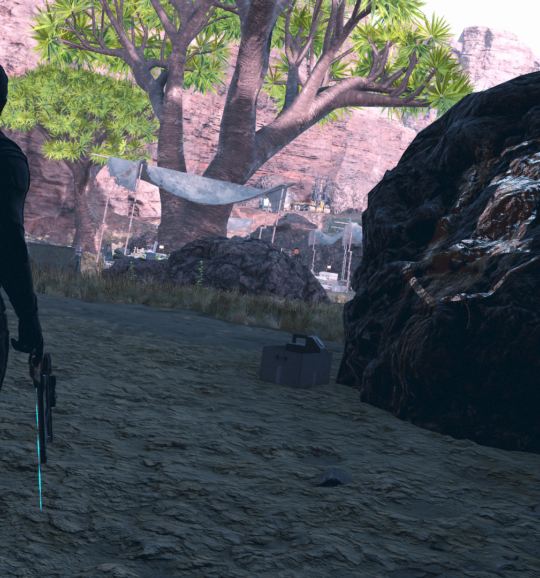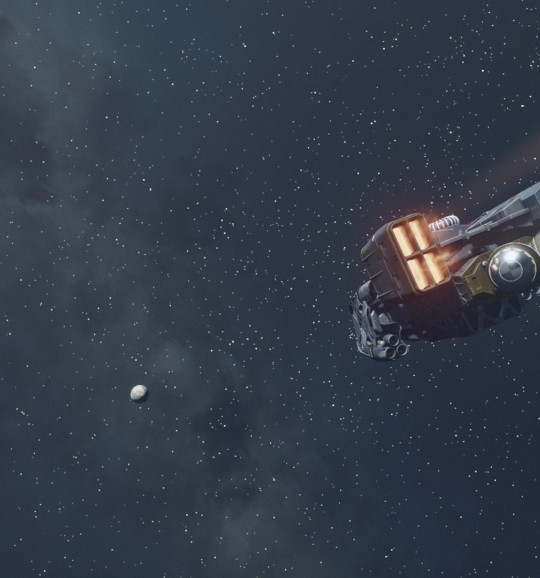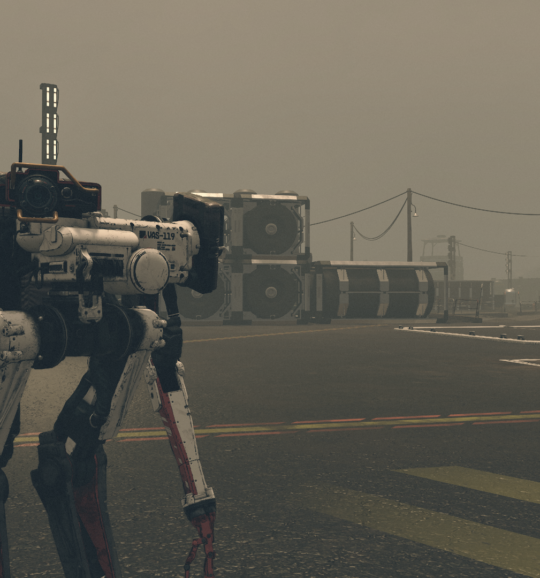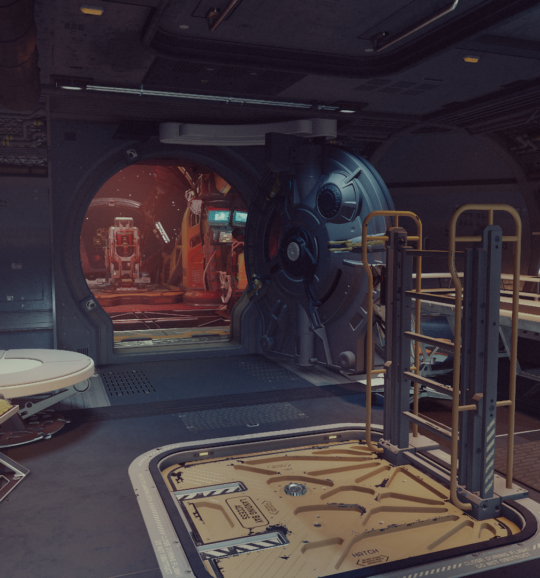If I had to describe the first half-hour of “Starfield” with one word, it would have to be “breakneck.”
One moment you’re a miner digging up rocks, then twenty minutes later you’re off shooting space pirates in planetary orbit with a spaceship that was loaned to you by some guy you just met.
It’s oddly reminiscent of Bethesda’s last single-player outing, “Fallout 4,” where the player character gets easy access to a suit of power armor within twenty minutes of playing.
I’m not complaining, of course. “Starfield” is a game all about space exploration, at least conceptually. If I had to wait an hour to get off the planet I started on, I think I might’ve considered refunding the game at that point.
But, even after that awkward first half-hour, I have to admit that I was rather hooked from that point on. According to my current save file, I’ve logged in at least 72 hours into the game already, which is probably a fraction of what more enthusiastic players have devoted already.
I’ll admit to being something of a Bethesda fan. For all the faults in their releases, ranging from bugs to genuinely questionable design decisions, I still find myself playing their games over and over again. There’s just something about their titles that draws me back in repeatedly, and Starfield looks to be no exception.
With that in mind, I’ll also admit to thinking a lot of the game’s mechanics are simply good, not great.
Combat is the snappiest it’s ever been for a Bethesda title, with incredibly satisfying feedback and animations. But it never reaches the highs of something like Destiny 2, a game whose gunplay is so good that hundreds of thousands of players continue to play it solely for that alone.
There’s also some incredibly questionable balancing going on with the combat. For example, semi-automatic weapons are objectively better in every regard than fully automatic firearms, which suffer from low base damage and have absolutely zero perks that confer benefits to that weapon type.
Quest design is a standout for this game, with several quests offering multiple avenues of approach and a plethora of ways to handle situations. In several instances, I could skip combat encounters entirely by simply talking my way out of them, which is rather novel for a Bethesda game. Unfortunately, I’ve also played games like “The Witcher 3” and “Fallout: New Vegas,” titles which are almost synonymous with player choice and reactivity. It’s Bethesda’s best outing in this area by far, but it doesn’t quite hold a candle to games that have done it better in years prior.
Even the game’s vaunted spaceship mechanics feel somewhat lacking. An impressive addition, to be clear. Building your own spaceship is easily one of this year’s best game mechanics, and I could spend hours building something akin to the Millenium Falcon.
The actual space travel portion of the game is a letdown. For starters, there’s no seamless space travel at all. You can’t point your ship at another planet and just fly there, you have to open a series of menus to travel there because solar systems aren’t physically simulated. They’re essentially just there for theater, things to look at to give the impression of physicality without actually being there. In space, you’re largely limited to combat and occasional bits of dialogue as your two modes of interaction.
Yet, even with all of the downsides, I still really like the game. Bethesda seems to have perfected the art of creating titles that are good, but not great. That’s not a bad thing!
If anything, I’d even go so far as to say that it’s probably one of the best games of the year. I think half the reason is simply the game’s artstyle. Art director Istvan Pely came up with a “NASA-punk” aesthetic that asks the question of “what if NASA got more funding?” It’s a bit of a silly term to describe what is essentially futuristic NASA technology, but they commit to it. You’ll see plenty of gold foil covering every crevice in the game.
“Starfield” is available to purchase on Xbox, PC and Xbox Game Pass.






